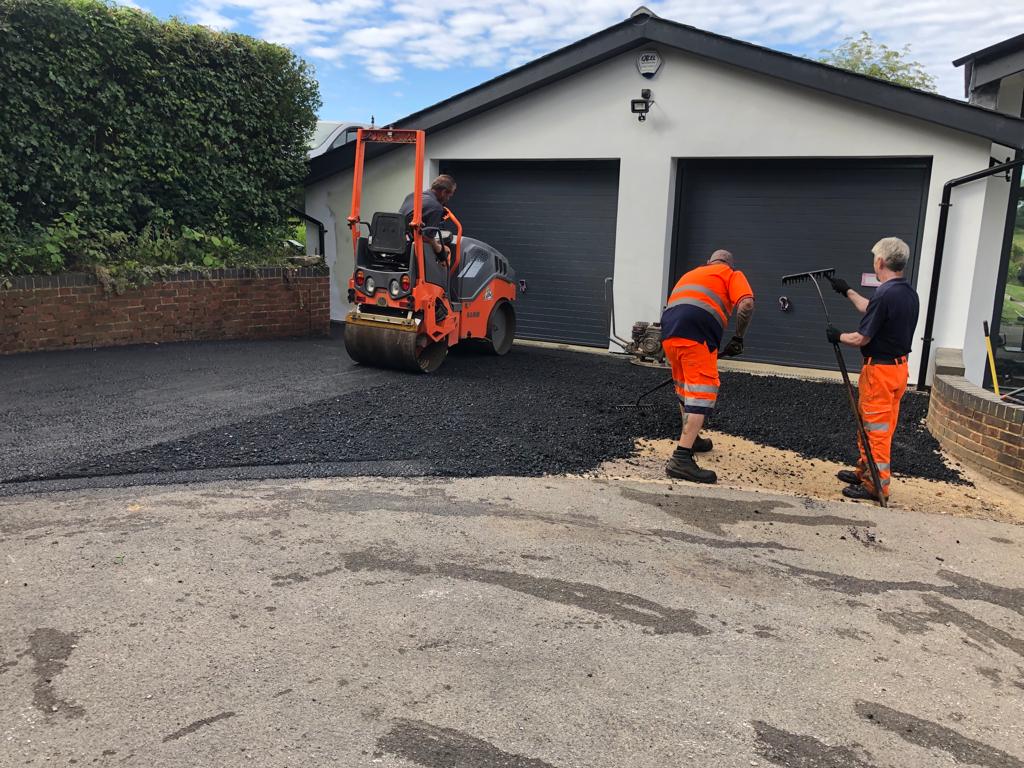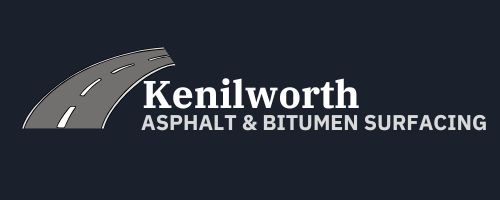Spray & seal is widely recognised across regional Australia for its affordability, speed of application, and dust-reducing qualities. But when it comes to high-demand environments—particularly those involving heavy vehicles and machinery—many ask the same question: Can spray & seal truly stand up to the pressure?
At Kenilworth Asphalt & Bitumen Surfacing, we provide expert advice and professional surfacing solutions throughout Kenilworth, QLD. In this article, we address the capabilities and limitations of spray & seal when subjected to heavy machinery, so you can make an informed decision for your property or project.
Understanding Spray & Seal
Spray & seal (also known as chip seal) involves spraying hot bitumen onto a prepared base, followed by spreading and rolling an aggregate layer into the binder. It forms a textured, weather-resistant surface ideal for light to moderate traffic in rural or semi-urban areas.
This technique is popular for farm roads, council-maintained rural roads, residential driveways, and access roads due to its low cost and quick turnaround.
So, Can It Handle Heavy Machinery?
The short answer: it depends on the site conditions, expected traffic loads, and whether the system is reinforced with additional treatments.
Factors That Determine Load Capacity:
1. Base Preparation
The foundation beneath a spray & seal surface is critical. If the base is poorly constructed or inadequately compacted, it won’t matter what’s applied on top—the surface will fail under pressure. For heavy machinery traffic, a robust base with adequate thickness and drainage is essential.
2. Type of Aggregate Used
Using high-quality, well-graded aggregate improves interlock and provides greater resistance to tyre scuffing and surface deformation. For heavier vehicles, coarse aggregates with strong binding characteristics are preferable.
3. Traffic Frequency and Turning Stress
Spray & seal holds up better under straight-line movement than areas with frequent turning, braking, or acceleration. In environments like construction yards, industrial estates, or loading areas, the surface may wear more quickly without additional reinforcement.
4. Single-Coat vs. Double-Coat Application
A double coat of spray & seal can significantly improve durability and resistance to wear. In high-stress areas, this method offers a better chance of accommodating heavier vehicles over time.
5. Use of Polymer-Modified Binders
For projects expecting moderate to high mechanical loads, incorporating a polymer-modified binder can increase the elasticity and strength of the bitumen, making it more resilient under the weight of machinery.
When Spray & Seal Is Not the Best Fit
Although spray & seal can be enhanced for moderate loads, it’s not always suitable for every application.
Situations Where Alternative Solutions Are Recommended:
- High-frequency heavy truck or mining equipment access roads
- Commercial transport yards or logistics depots
- Tight turning areas or intersections with constant vehicle movement
- Surfaces requiring long-term structural strength with minimal wear
In such scenarios, full-depth asphalt or stabilised pavement is often the more appropriate solution due to its greater structural integrity and surface strength.
What We Recommend at Kenilworth Asphalt & Bitumen Surfacing
At Kenilworth Asphalt & Bitumen Surfacing, we assess each site individually, considering ground conditions, load expectations, and future maintenance access. If you’re operating in or near Kenilworth, QLD and considering spray & seal for areas exposed to heavy machinery, we’ll offer professional, site-specific guidance.
Our tailored solutions include:
- In-depth consultation and site inspection
- Base layer construction suited to load requirements
- Single or double coat spray & seal options
- Upgrades using polymer binders or stabilisation
- Alternatives like asphalt paving for high-load areas
We combine local knowledge, modern equipment, and quality materials to deliver cost-effective surfacing that lasts.
Conclusion
Spray & seal can handle light to moderate machinery if the surface is properly engineered—but it’s not a one-size-fits-all solution. For heavy-duty applications, the key lies in expert base preparation, double coating, and choosing the right binder and aggregate. In some cases, opting for asphalt may be the more suitable and durable investment.
If you’re planning a surfacing project in Kenilworth, QLD and need advice on the right option for areas with heavy vehicle access, contact Kenilworth Asphalt & Bitumen Surfacing. Our experienced team will help you make the smart choice based on performance, budget, and long-term value.
Call us on: 07 5241 4500
Click here to find out more about Kenilworth Asphalt & Bitumen Surfacing
Click here to complete our contact form and see how we can help with your Asphalt and Bitumen Surfacing needs.

